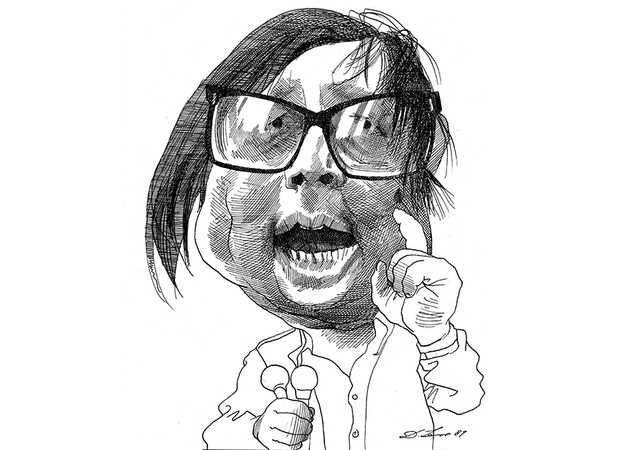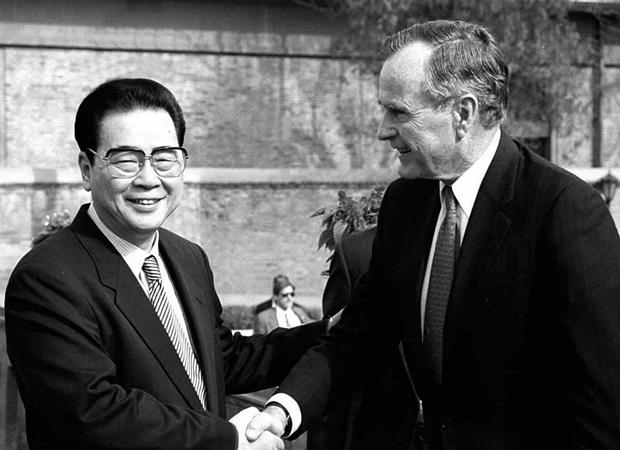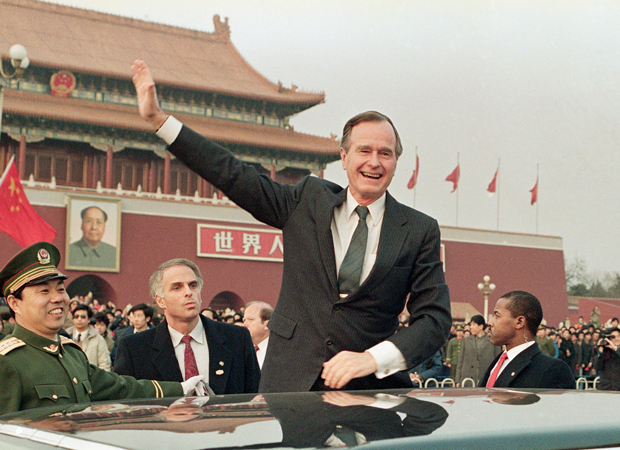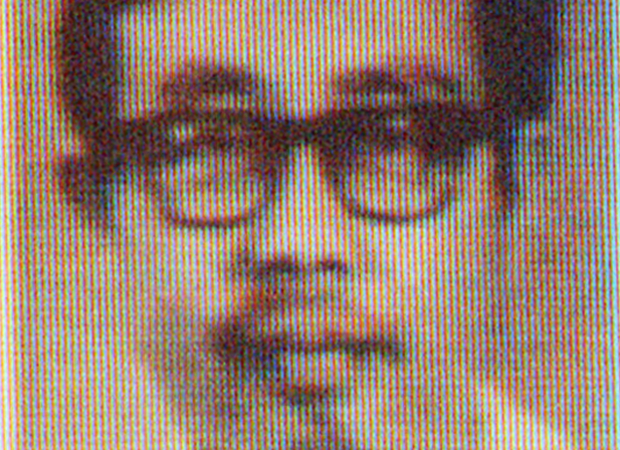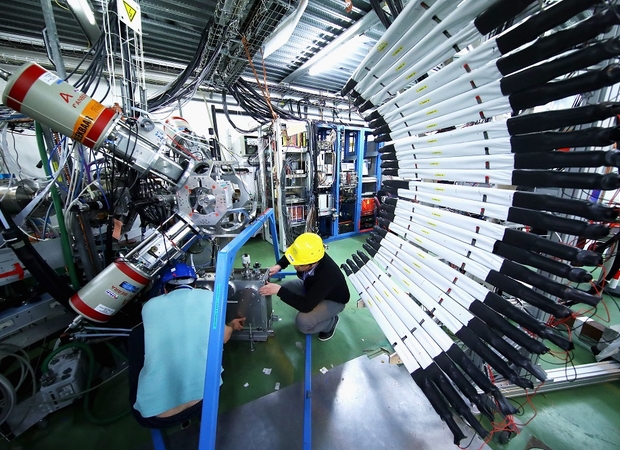
The Future of Particle Physics Will Live and Die in China
from Foreign Policy“Don’t you dare kill my project.”
My phone interview with a senior official at the Chinese Academy of Sciences (CAS) had started with bland, yet polite, responses. But it took a sharp turn toward audible agitation and...
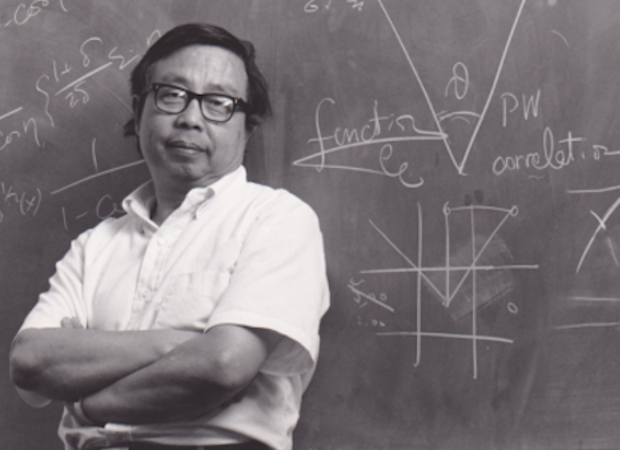
The Heritage of a Great Man
from New York Review of BooksWhy did communism grow deep roots and survive in China, while it withered and died in Russia? This is one of the central questions of modern history. A plausible answer to the question is that communism in China resonated with the...
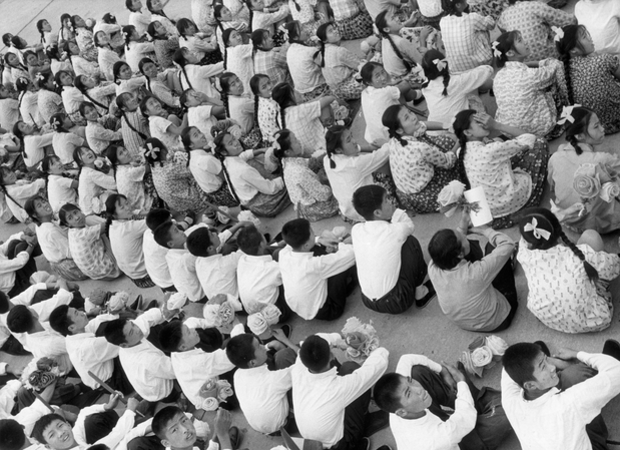
China: The Benefits of Persecution?
from New York Review of BooksDuring decades of reading and reviewing books on China I have learned a great deal, even from those I didn’t like. Only a few have surprised me. Mao’s Lost Children is such a book, and those like me who believe that the...
David Levine’s China
from New York Review of BooksDavid Levine’s depictions of Chinese notables—and everyone else he drew, for that matter—are so sublime that very often after seeing an image, one is left hardly able to remember what the real person actually looked like.
...
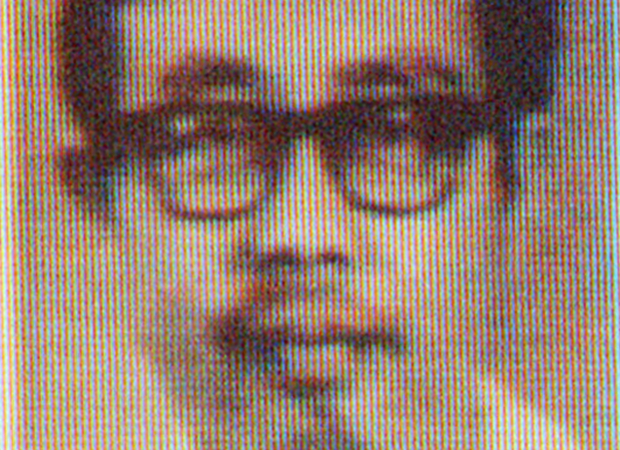
On Fang Lizhi (1936–2012)
from New York Review of BooksFang Lizhi, a distinguished professor of astrophysics, luminary in the struggle for human rights in contemporary China, and frequent contributor to The New York Review, died suddenly on the morning of April 6. At age seventy-six he had...

Beijing Dilemma: Is Chen Guangcheng the Next Fang Lizhi?
from New York Review of BooksThe Chinese lawyer Chen Guangcheng, blind since childhood, self-taught in the law, defender of women’s rights to resist forced abortion, thorn in the side of local despots in his home district of Linyi in Shandong province, veteran of a four-year...

My ‘Confession’
from New York Review of BooksFrom reading Henry Kissinger’s new book On China,1 I have learned that Mr. Kissinger met with Deng Xiaoping at least eleven times—more than with any other Chinese leader—and that...
China’s Political Prisoners: True Confessions?
from New York Review of BooksThe Chinese artist Ai Weiwei’s ankle-deep heap of porcelain sunflower seeds bewitched recent visitors to London’s Tate Modern. But in early April Ai’s strong criticisms of the regime led to his disappearance somewhere in Beijing. On June 22,...
The Hope for China
from New York Review of Books1.
“Some people,” declared Mao Zedong in 1959, “say that we have become isolated from the masses.”1 By “some people” Mao meant Peng Dehuai, a subordinate who had dared to criticize Mao’s “Great...
